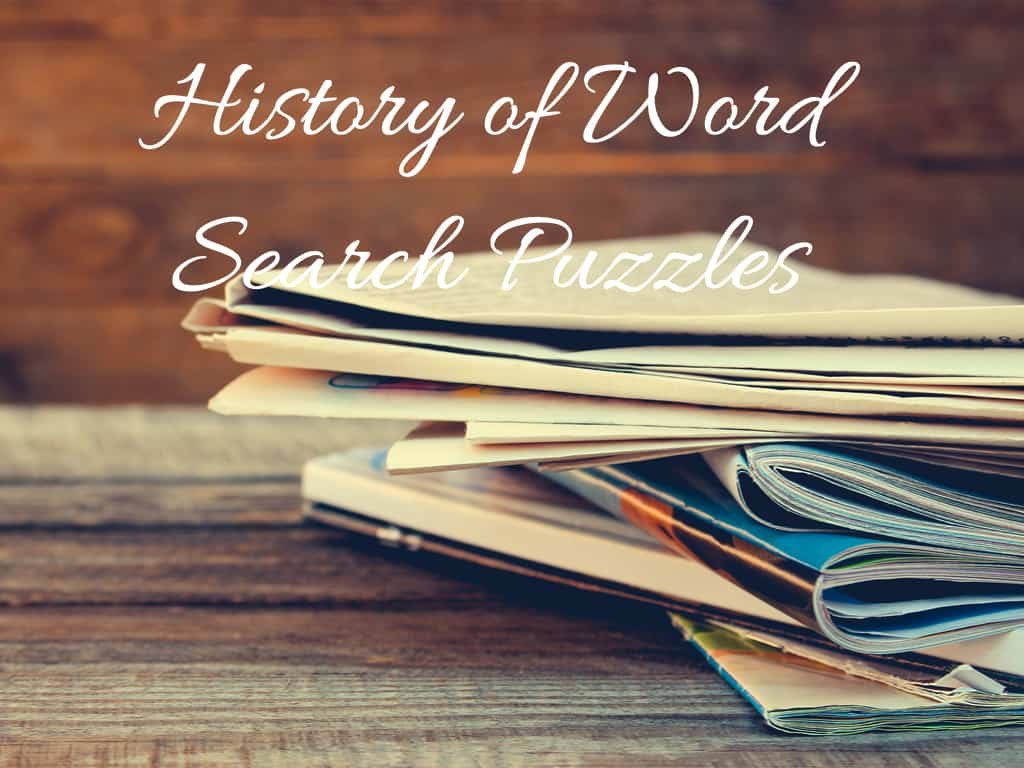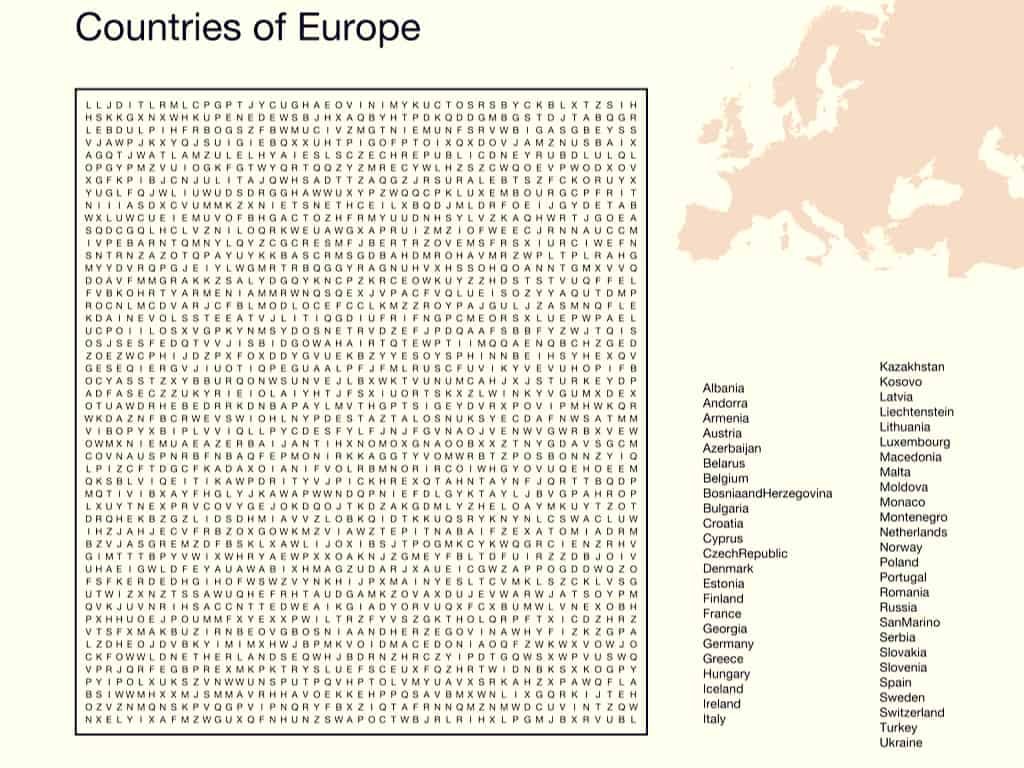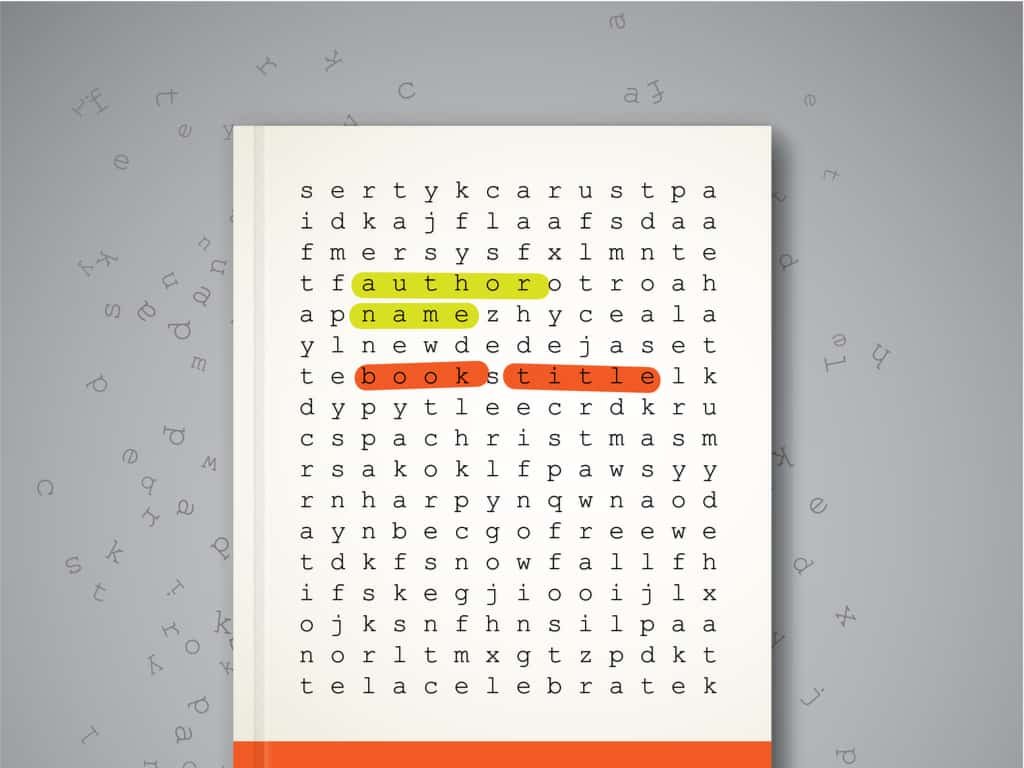Last Updated on January 7, 2024 by Gamesver Team and JC Franco

I have recently been making it my duty to find out more about the activities I spend my time on. My favorite pastimes are, of course, puzzles and board games. In my home, we have a weekly board game night, and weekends always include some sort of puzzle. My favorite puzzles are Word Searches – and I suspect that if you are reading this, they may be your favorite too.
While doing your regular Word Search, have you ever wondered about the actual origins of the puzzle? I found myself wondering recently and so got to work on doing a bit of research. While digging around for info, I found out that there was a lot about Word Search puzzles that I did not know.
An Overview of the History of Word Search Puzzles:
- In 1968, Norman E. Gibat published the very first English version of the Word Search puzzle in his advertising digest in Norman, Oklahoma.
- However, somewhere in the 1960s, Pedro Ocón de Oro, a well-known Spanish puzzle writer, published the first Spanish version of the Word Search puzzle, called Sopa de Letras (which means “Soup of letters”).
- After Word Searches appeared in the Selenby Digest, teachers began using them in classrooms.
- Word Search puzzles became syndicated in schools nationwide due to their educational value.
You might have noticed that the Word Search puzzle concept is not owned by a games company (like Monopoly, Uno, and other games are). Instead, it was invented and has been freely distributed by various means. Of course, various publishing houses have released Word Search puzzle books and publications, but there is no license required to do that. You can even create and come up with your own Word Search, if you wanted to. This makes Word Search puzzles quite unique, in my opinion.
Let us take a closer look at the history of Word Searches and how they became so popular. Below, each of the abovementioned points is covered in a bit more detail. Let’s jump right in.
First and foremost, what is a Word Search Puzzle?
Before we take a closer look at the actual history of Word Search puzzles, let’s take a look at what a Word Search puzzle really is. I noticed the other day that when I spoke to a friend about a “Word Search puzzle”, she thought I was talking about a Crossword Puzzle. It is quite important to note that Word Search puzzles and Crossword puzzles are two very different things.
A Word Search puzzle is a type of puzzle that is usually printed in a book or the newspaper. You can buy bumper books of Word Search puzzles from many stores – I buy a few books at a time because I just can’t get enough of these puzzles. Alternatively, you can print some puzzles from the internet, or download a mobile app– many of them are free.

The typical Word Search puzzle includes a list of words that must be found hidden in a grid. The person completing the puzzle must search the grid horizontally, vertically, and diagonally. Sometimes words run on from each other, and letters of different words overlap.
The Word Search puzzle offers both kids and adults a wealth of benefits. In fact, it is punted as a great puzzle for children and the aging. These include developing word recognition, assist people to learn to read context clues, develop pattern recognition abilities, improve spelling, and provide heaps of fun.
How Word Search Puzzles Work
Those who have never done a Word Search themselves might not know how these puzzles work. What is the “gameplay” and what is the main objective? Let us take a closer look. The objective is to find hidden words, and the gameplay is to apply your attention and mind to the situation.
Some Word Search puzzles have lists of words provided that players need to reference and check off as they are found. Other Word Search puzzles merely have a theme provided and players are expected to find words in the grid that pertain to the theme. This really gets the creative juices going.
It Goes By Many Names.
Not everyone actually calls a Word Search by that name. In fact, Word Search puzzles often go by other names. These include names such as Find-a-Words, Wonderwords, Word Finds, Word Seeks, Mystery Words, Seek-a-Words and similar. Whatever you choose to call these puzzles, they all follow a similar format and the same rules.
What You Need to Know About the History of Word Search

What do you need to know about the history of Word Search puzzles? What are the highlights? If you are an avid Word Search puzzler like I am, chances are that you have come to appreciate your daily or weekly dose of Word Search puzzles. But, where do they come from, and why are they so popular today? Let us take a brief look at the history of Word Searches.
1. The Inventor of Word Search Puzzles was Norman E. Gibat!
Who initially invented the Word Search puzzle that we do today? That one seems to be up for debate. Norman E. Gibat is thought to be the very first inventor of Word Searches as we know them, in English. You are probably thinking, “Whoa, what does that mean?” Was there another possible inventor of the puzzle? Well, in some ways, there might be another inventor.
There was a man called Pedro Ocón de Oro, a Spanish puzzle writer, who is said to have created word puzzles called “Sopa de Letras”, which means “Soup of Letters” in the 1960s. These puzzles are pretty much the same as Word Search puzzles but in Spanish. It is said that Pedro released over 125 of his own type of puzzles. Still, he is not recognized as the official inventor of the puzzle game.
When Norman E. Gibat designed the first English Word Search puzzle, he may have seen Pedro’s creations; this is unclear and up for debate. His main objective of creating Word Search puzzles was to drum up new support for his advertising publication called “Selenby Digest”.
2. In 1968, the First English Word Search Puzzle is Published.
The very first puzzle that Norman E. Gibat published was basic by every means. He kept the theme simple, and it featured a 20 x 20 grid with the names of 34 Oklahoma cities and towns hidden in it. This puzzle was published in 1968 on the 1st of March. At the time, finding a new puzzle in the newspaper or advertising digest was not the norm, and it provided the general population with something new and fun to do with their spare time.
It did not take long for the puzzles to become highly popular in the Digest. For many people, the more they were exposed to Word Search puzzles, the more they wanted them. It was not too long until readers of Norman E. Gibat’s publication were eager for more and looking forward to the next publication.
3. After Word Search Appeared in the Selenby Digest, Teachers Began Using it at School.

How did Word Search puzzles come to be so popular for use in schools? How did that ever happen? Well, it is quite simple – Norman’s digest had quite a readership already, and a significant portion of those readers were apparently teachers.
Teachers living in the area at the time, who received a copy of the Selenby Digest, immediately, saw the value in such puzzles for school children. Some teachers requested extra prints of the newspaper so that they could provide their students with copies of the puzzle. This was because Word Search puzzles provide value for children in terms of spelling, vocabulary, and imaginative thinking.
These puzzles are also great for helping children to develop their working memory as they must recall words while hunting for them in the grid.
4. Word Searches Became Syndicated in Schools Nationwide.
You might wonder how Word Search puzzles went from popular in local schools, where the puzzles were advertised, to suddenly became wanted, needed, and used in schools nationwide. As more and more teachers started sharing Word Searches with other teachers, it became even more popular.
The spread of the puzzle was all thanks to Norman E. Gibat, who wanted to bring more exposure to his digest. Once the word was out that Word Searches were doing so well in schools and in adult populations, the puzzles became syndicated and were popular in many schools.
In closing
That is all there really is to the history of the Word Search puzzle. Yup, it is true. There is no dramatic history attached to the puzzle that we have come to know and love. However, these puzzles offer such educational benefits that they should indeed “go down in history”. I came across Word Search puzzles when I was a kid and absolutely fell in love with them, …and as they say, “the rest is history” to me.

